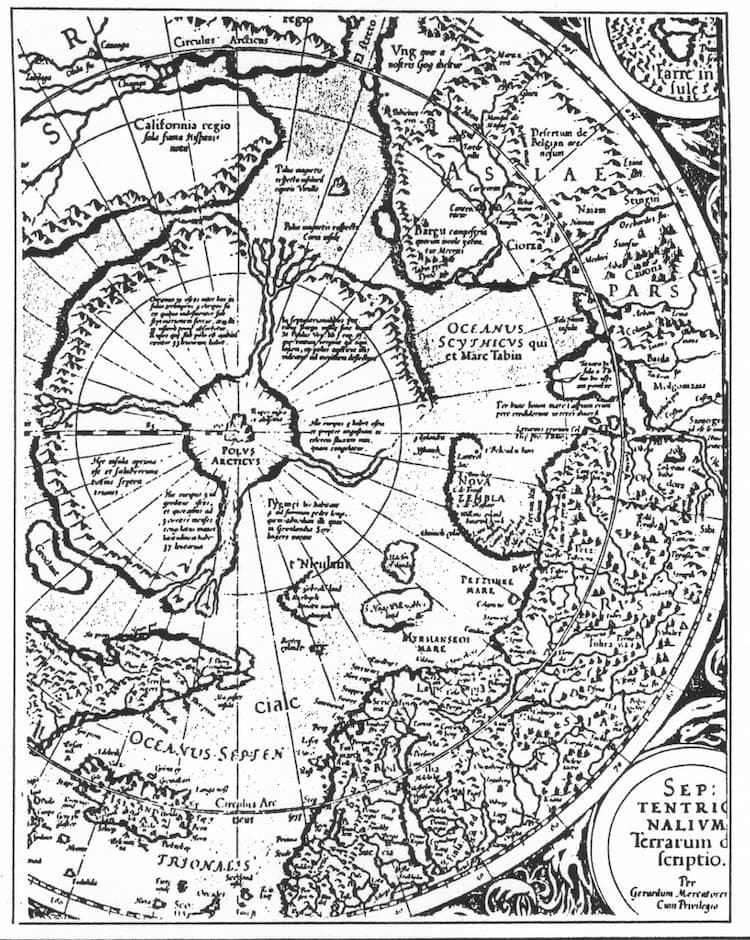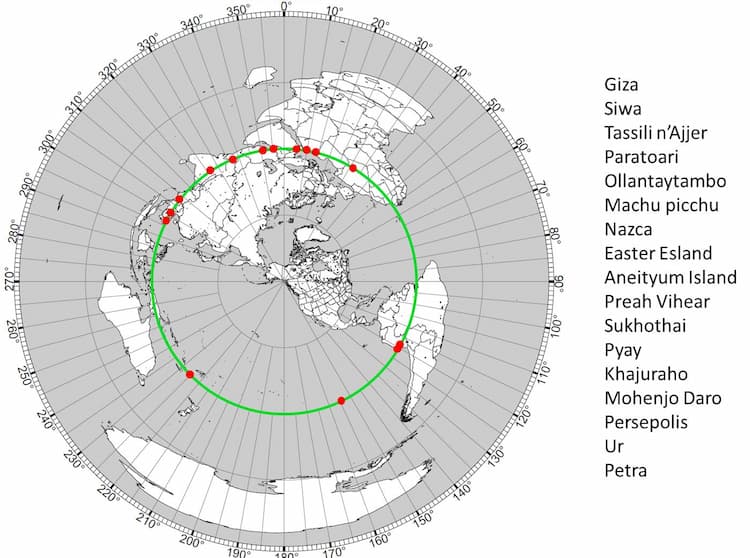For millennia, the location of the mythical Garden of Eden has been sought in various corners of the globe, often placed in the Middle East based on interpretations of biblical texts. But what if the cradle of humanity wasn’t in a warm, fertile land as traditionally depicted? What if the true location of Eden lay in the most unexpected and seemingly inhospitable place on Earth: the North Pole?
This isn’t a mainstream theory, but a fascinating and thought-provoking reinterpretation that challenges conventional understanding. Proponents of a polar Eden point to a confluence of intriguing (albeit often speculative) arguments:

- A Different Climate in the Distant Past: Geological and paleoclimatic evidence suggests that the Earth’s climate has fluctuated dramatically over vast periods. Millions of years ago, the Arctic region may have experienced a much warmer, even subtropical climate, potentially capable of supporting lush vegetation and diverse life.
- Pole Shifts and Continental Drift: The Earth’s magnetic poles have shifted numerous times throughout history, and the continents themselves have drifted. Could the biblical descriptions of Eden align with a time when the landmass now located in the Arctic was situated in a more temperate zone?
- Symbolic Interpretations: Some argue that the biblical descriptions of Eden are not meant to be taken literally as a geographical location but rather as a symbolic representation of a primordial state of harmony and abundance. The “North” in various mythologies can symbolize the origin or a sacred place.
- Hidden Geological Anomalies: The Arctic region is still largely unexplored, particularly beneath the ice caps. Could there be undiscovered geological formations or ancient structures that might lend credence to this unconventional theory?
- Mythological Connections: Certain ancient myths and legends from cultures far removed from the Middle East speak of a paradisiacal land in the far north, sometimes associated with a world tree or a cosmic center. Could these be echoes of a shared, ancient memory?

It’s crucial to acknowledge that this “polar Eden” theory stands in stark contrast to mainstream interpretations and lacks direct textual or archaeological support. The traditional view, based on the biblical rivers mentioned (Tigris and Euphrates), places Eden in Mesopotamia.
However, exploring such radical reinterpretations can be a valuable exercise in critical thinking and open-mindedness. It forces us to question our assumptions and consider alternative perspectives, even if they seem far-fetched at first glance. It highlights the enduring power of the Eden narrative and our persistent desire to locate this mythical origin point.
While the likelihood of finding definitive proof of a Garden of Eden beneath the Arctic ice remains slim, the very idea sparks a sense of wonder and encourages us to consider the vastness of geological time, the fluidity of Earth’s climate, and the enduring power of myth and symbolism.
What do you think of this unconventional theory? Could the Garden of Eden have been in the North Pole during a different era? Share your thoughts and alternative locations for Eden in the comments below!

